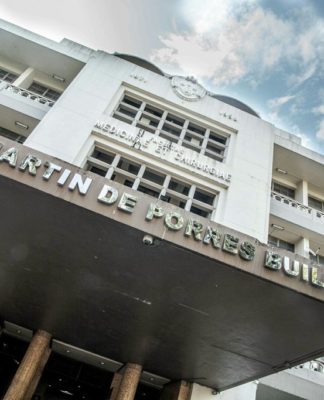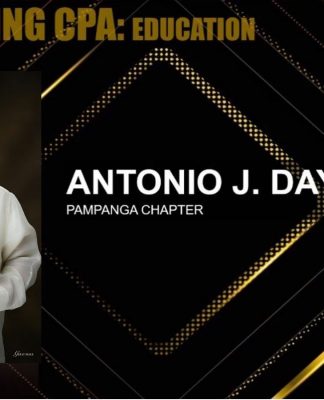FILIPINO physical therapists who want to work in the United States will have to wait for at least a year after exam takers from Philippines, along with Egypt, India and Pakistan, were barred from the US National Physical Therapy Examination (NPTE) until 2011 due to exam “leaks.”
The suspension stemmed from the evidence of “pervasive security breaches” gathered by the Federation of State Boards of Physical Therapy (FSBPT), the body that regulates the exams in the US.
“This necessary measure is in response to compelling evidence reflecting systematic and methodical sharing and distribution of ‘recalled’ questions by significant number of graduates of the program,” FSBPT said on its website.
The federation added that its decision was reached after extensive forensic analysis and investigation in the four countries.
According to FSBPT, testing will resume once the development of a “more secured examination and an uncompromised system—NPTE-YRLY—has been completed.”
“We believe that the NPTE-YRLY (new exam) is the best solution to ensure the validity of NPTE test results,” the FSBPT also said.
In the Philippines, the federation found St. Louis Review Center in Manila, said to be owned by Gerard Martin, Roger Tong-an and Carlito Balita, to have been trafficking with hundreds of “live” test items taken from NPTE during review sessions that were also being exchanged on online forums.
FSBPT said it would file criminal charges against the owners of the review center for copyright infringement and cheating.
The Varsitarian tried to get the side of the review center but it refused to comment on the issue.
Philippine Physical Therapy Association (PPTA) President Napoleon Caballero said FSBPT’s decision was the right course of action to protect the integrity of the NPTE.
“It is their measure to ensure quality patient care and professional practice. Basically, it is also to ensure that ‘compromised questions’ will be removed from their current exam,” he said in a letter sent to the Varsitarian.
Caballero also said his group respects the decision of federation to restore the NPTE through a new examination, but noted the identification of four countries have affected morale among professionals who aim to practice in the US, as well as those who are already practicing in the US healthcare system.
“The public’s perception of the integrity of physical therapists of these nationalities has [turned negative],” Caballero said. “The right of the public to physical therapy care may be limited significantly if the NPTE-YRLY implementation is delayed and limited to an annual schedule.”
Cheryl Peralta, head of the physical therapy department the College of Rehabilitation Sciences (CRS), said the actions being taken by the FSBPT were unavoidable, given the evidence collected by the organization.
“Their decision is not only a result of the recent issue of a leak but of a series of [similar] events that took place in 2005,” Peralta said.
Kathleen Ascue, CRS student council president, said the issue of security was raised in 2007 when FSBPT found that Filipino examinees had irregular exam results. The results were invalidated but examinees were given the option to re-take the exam.
“The exam results were found to have common answers or used similar methodology in answering the questions. When the FSBPT filed a case here in the Philippines, it was dismissed due to lack of ‘legality’ in the matter,” Ascue said.
In 2009, the Department of Justice dismissed a case involving similar offenses. But FSBPT said the sale and sharing of recalled test questions has continued despite its efforts to ensure the security of the exam.
Ascue said some physical therapy alumni were told they have passed the NPTE before the federation’s decision was made allowing them to work in the US.
But CRS Dean Jocelyn Agcaoili said those who have not taken the exam and those who are about to graduate won’t be able to take the US test until the new exam is established.
“It is the federation that determines the procedures. We do not want to escalate the issue so that Thomasian physical therapists will not be negatively affected by it,” Agcaoili said.
Caballero said the PPTA would call on the FSBPT to hasten the development of the NPTE-YRLY by forming an ad hoc committee to work on the issue. It will also urge professionals and physical therapy students to refuse participation in any activity that “diminishes professional integrity.”
“To provide the right to provide care, physical therapists must believe that they are capable providers, which can only [happen] if they have full knowledge of the profession, as evidenced by a hard-earned license,” Caballero said.
“We are saddened that this has to happen and that the integrity of Filipino physical therapists is being questioned. We hope that this matter will be resolved positively for the benefit of all physical therapists,” Agcaoili said.
















